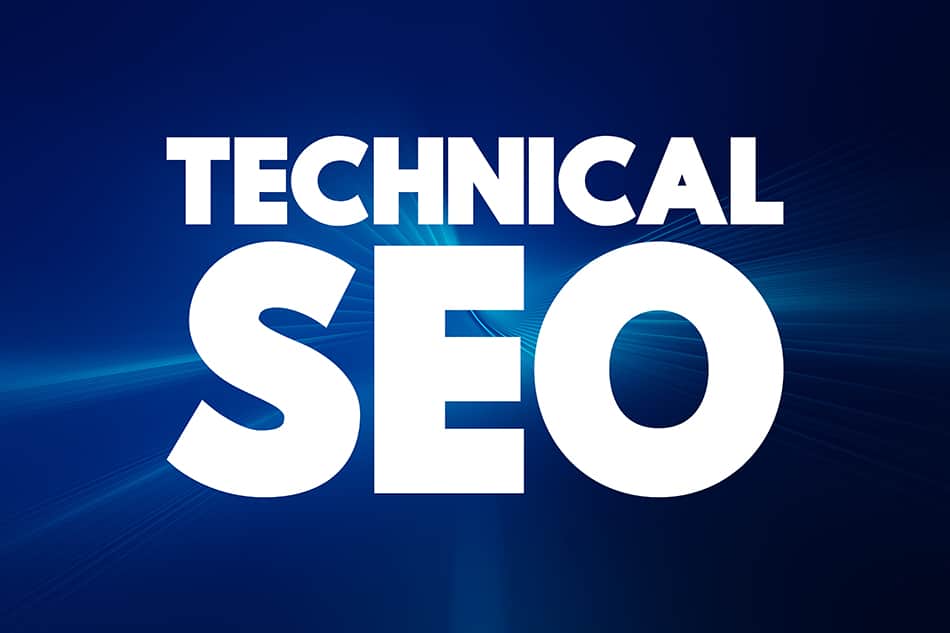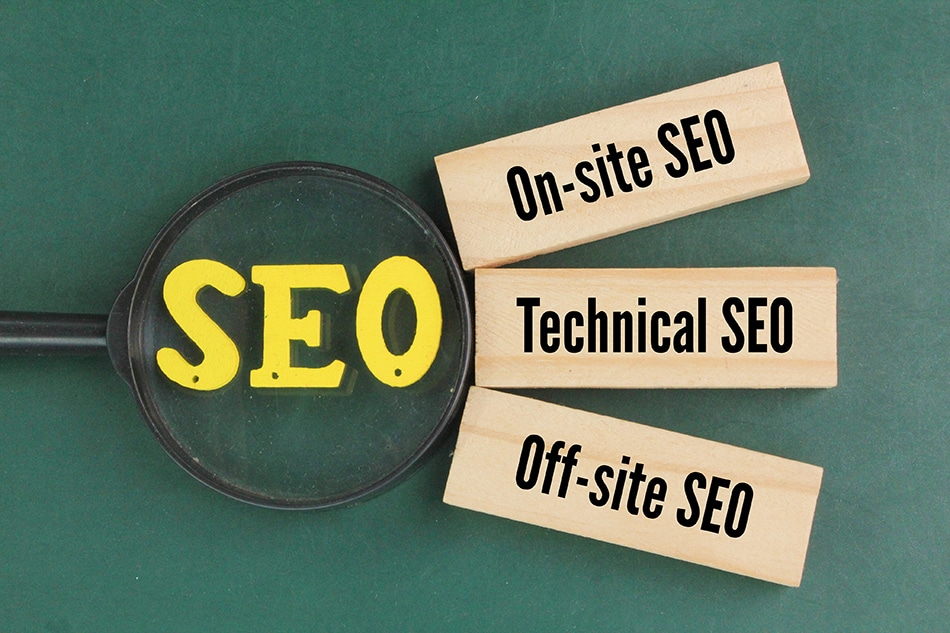Technical SEO Services: Enhancing Website Rankability
Technical SEO Services: Enhancing Website Performance
Technical SEO services are essential for improving a website’s performance and ensuring it ranks well on search engines. This form of SEO focuses on the technical aspects of a website, like its speed, structure, security, and how easily it can be crawled by search engine bots.
Whether a company wants to increase visibility or ensure a smooth user experience, technical SEO is a vital part of any digital marketing strategy. In this article from Ad House Advertising, we will explore how technical SEO works, the essential elements to focus on, and why it’s so important for business growth.
Technical SEO services are essential for improving a website’s performance and ensuring it ranks well on search engines. This form of SEO focuses on the technical aspects of a website, like its speed, structure, security, and how easily it can be crawled by search engine bots. Whether a company wants to increase visibility or ensure a smooth user experience, technical SEO is a vital part of any digital marketing strategy.
Technical SEO services refer to optimizing the non-content-related aspects of a website to improve its visibility and performance in search engines. These services are primarily aimed at ensuring that search engines like Google can crawl and index a site efficiently while providing users with a positive experience. Unlike on-page SEO, which focuses on optimizing the content, technical SEO focuses on aspects such as speed, mobile compatibility, and security.
Technical SEO Services
Technical SEO Benchmarks

What are Technical SEO Services?
Technical SEO services refer to optimizing the non-content-related aspects of a website to improve its visibility and performance in search engines. These services are primarily aimed at ensuring that search engines like Google can crawl and index a site efficiently while providing users with a positive experience. Unlike on-page SEO, which focuses on optimizing the content, technical SEO focuses on aspects such as speed, mobile compatibility, and security.
Why Are Technical SEO Strategies Important?
Technical SEO specialists ensure that your website meets the necessary criteria for search engines to understand and rank your website. Even if your website has high-quality content, poor technical SEO can hurt your search rankings. Technical SEO also ensures that your website is safe, secure, and easy to navigate. For businesses that want to improve organic traffic and user engagement, website technical SEO plays an essential role.
Technical SEO Benchmarks

Critical Understanding
What are Technical SEO Services?
Technical SEO is essential for ensuring that search engines can understand, rank, and properly index your website. Even if your site features high-quality content, poor technical SEO can severely impact your search rankings. In addition to helping your website rank better, technical SEO ensures that your site is secure, easy to navigate, and provides a smooth experience for users. For businesses looking to improve organic traffic and user engagement, a solid technical SEO foundation is crucial.
Technical SEO not only influences how search engines interact with your website but also significantly impacts user experience. A fast, responsive, and secure website encourages users to stay longer, engage more, and ultimately convert. Search engines reward websites that offer an excellent user experience, making technical SEO a key factor in improving both rankings and traffic. Fast-loading pages reduce bounce rates and keep users engaged, while mobile-friendly designs are essential for reaching the growing number of mobile users, who now account for over half of all web traffic.
Additionally, ensuring your site has HTTPS security builds trust with visitors, providing a safer browsing experience and encouraging longer visits. Altogether, technical SEO services supports both better visibility on search engines and a more enjoyable user experience, driving long-term success for your website.
Why Are Technical SEO Strategies Important?
E-commerce websites benefit greatly from technical SEO because of the vast number of pages they typically have. For e-commerce sites, specific technical SEO practices can ensure that products are indexed and ranked effectively.
- Product Schema Markup: Implementing structured data on product pages can help show important information like price and ratings directly in search results.
- Optimized URL Structures: E-commerce sites often have deep structures, and ensuring a clean, keyword-rich URL structure improves crawlability and user navigation.
- Fast Site Speed: With the number of images and scripts on e-commerce sites, page load speeds remaining fast is crucial for both user experience and rankings.
Technical Optimization

Explore Every Avenue
Technical SEO Tools
Benefits of Regular Technical SEO Audits
Regular technical SEO audits ensure that your website is always up to date with the latest algorithm changes and best practices. Audits help identify and fix issues that could be hurting your website’s performance, such as crawl errors, broken links, and slow load times. Some benefits of regular audits include:
- Improved rankings: By fixing technical issues, your website will be better positioned in search results.
- Better user experience: Regular audits ensure your website is optimized for both desktop and mobile users.
- Enhanced security: Identifying vulnerabilities allows you to secure your website, protecting both your business and users.
Key Components of Technical SEO
1. Website Speed Optimization
Google considers site speed a ranking factor, penalizing websites that load slowly. To improve site speed, minimize HTTP requests, as the more requests, the slower it loads. Compressing large files is also essential, as they can negatively impact load time; tools like GZIP can help speed up the site.
2. Mobile Optimization
Google now uses mobile-first indexing, meaning the mobile version of your site is prioritized over the desktop version. Mobile optimization involves having a responsive design, which allows your website to automatically adjust to fit screens of various sizes.
3. Secure Sockets Layer (SSL)
Google has made SSL certificates a critical ranking factor. An SSL certificate encrypts data that passes between your website and its users, providing security for sensitive information. Securing your site with HTTPS can enhance user confidence and lead to better search engine visibility.
4. Structured Data and Schema Markup
Structured data markup, or schema markup, allows search engines to understand your website’s content more easily. It provides additional context, helping search engines to display rich snippets in search results. Common examples include product information, reviews, and event dates.
5. XML Sitemaps and Indexation
An XML sitemap is a file that helps search engines crawl your website more efficiently by providing a list of all the URLs on your site, ensuring important pages aren’t missed. Regularly update your sitemap whenever new content or pages are added to maintain effective indexing.
6. Crawl Errors and Broken Links
Crawl errors occur when search engines can’t access certain pages, hurting your site’s visibility. Broken links also negatively affect SEO and user experience. Regularly monitor and fix these issues, using tools like Google Search Console to track and resolve crawl errors.
7. URL Structure
A clean URL structure enhances user experience and SEO by helping users and search engines navigate and understand your site. Use hyphens to separate individual words, as they are better interpreted by search engines, and include relevant keywords to improve visibility.
8. Image Optimization
Optimizing images improves both site performance and SEO. Compress images without losing quality, use the correct file formats like JPEG or PNG, and add descriptive alt text for better indexing. Implement lazy loading to speed up page load times by delaying offscreen image loading.
Frequently Asked Questions About Technical SEO Servies

Shape Your Brand Audience With Targeted Ads

